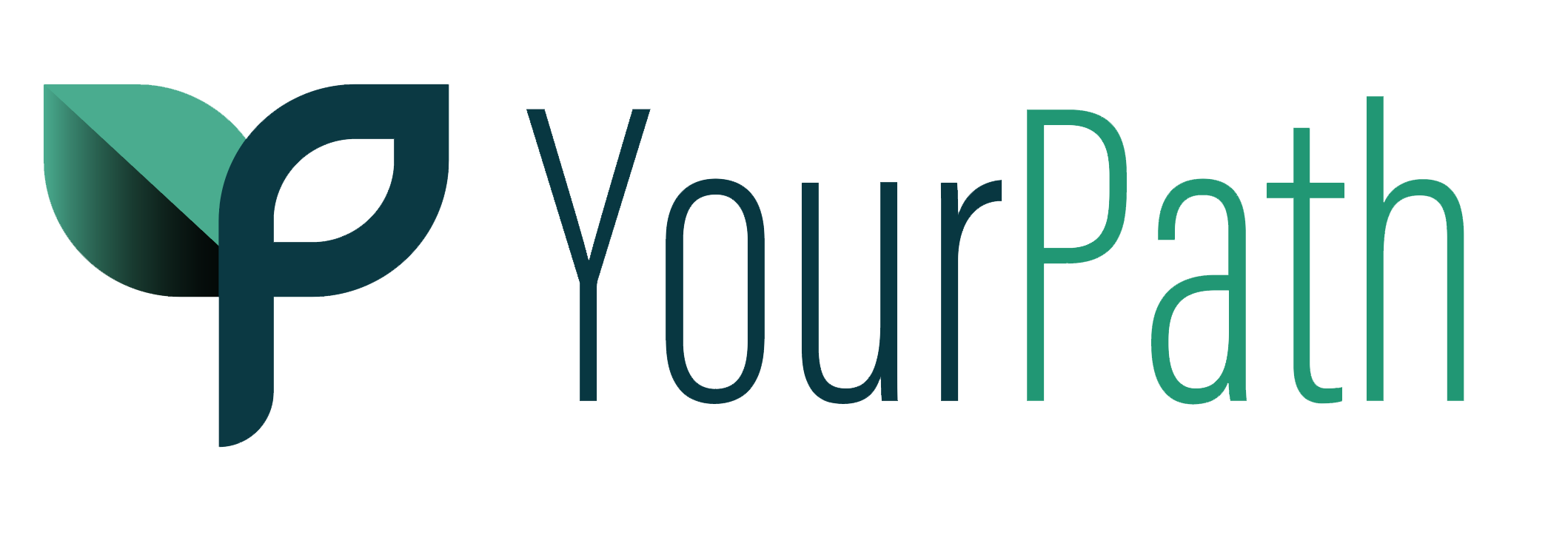End the Drug War: Decriminalization in MN
The “war on drugs” has always been a war on people. Any call to slow down the process of decriminalization must acknowledge the historical and present-day harms these policies have rendered.
Former Nixon domestic policy chief John Ehrlichman said that this wan’t just a byproduct of the policies, it was the entire point of them:
"The Nixon campaign in 1968, and the Nixon White House after that, had two enemies: the antiwar left and black people, you understand what I'm saying? We knew we couldn't make it illegal to be either against the war or black, but by getting the public to associate the hippies with marijuana and blacks with heroin, and then criminalizing both heavily, we could disrupt those communities."
John Erlichman
"We could arrest their leaders. raid their homes, break up their meetings, and vilify them night after night on the evening news. Did we know we were lying about the drugs? Of course we did."
For the first time in my lifetime, a diverse coalition of people from across the political spectrum have recognized the failures of our approach to drugs in this country. Despite this realization, we continue to work in systems with laws and funding that ignore the futility of this approach. Also for the first time, the recovery community is leaving behind the outdated, “Just say no to drugs,” abstinence-dominated culture that has permeated recovery advocacy. While many of us found healing and hope through abstinence — and 12 Step — pathways, many of the most vocal and effective advocates for increased access to effective, person-centered, harm reduction solutions come from these traditions.
so, what to do now?
The 2020 election cycle saw deep-red South Dakota legalize medicinal and recreational marijuana, and Oregon decriminalizing non-commercial possession of all substances. In MN, we believe that the best approach to changing our legal posture toward substances and the people who use them is a specific, measured, targeted approach.
We have consensus around the following:
Most behaviors related to Substance use disorders (SUD) are public health issues, not crimes
Treatment and recovery supports are more effective than punishment
Time and resources devoted to low-level drug offenses could best be used elsewhere
The legal ramifications for people convicted of these offenses do nothing to increase public safety, and can impede recovery and reintegration into society
While advocates have disagreements on specifics, we have consensus around these simple facts.
The most effective path toward change is to create a broad and temporary coalition able to implement this common-sense, nonpartisan solution to help reduce the burden of these prosecutions on our criminal justice and judicial systems; mitigate community effects of SUD through more-targeted services for people using substances; and increase the changes for individuals seeking recovery through removing barriers to housing, employment and education.

